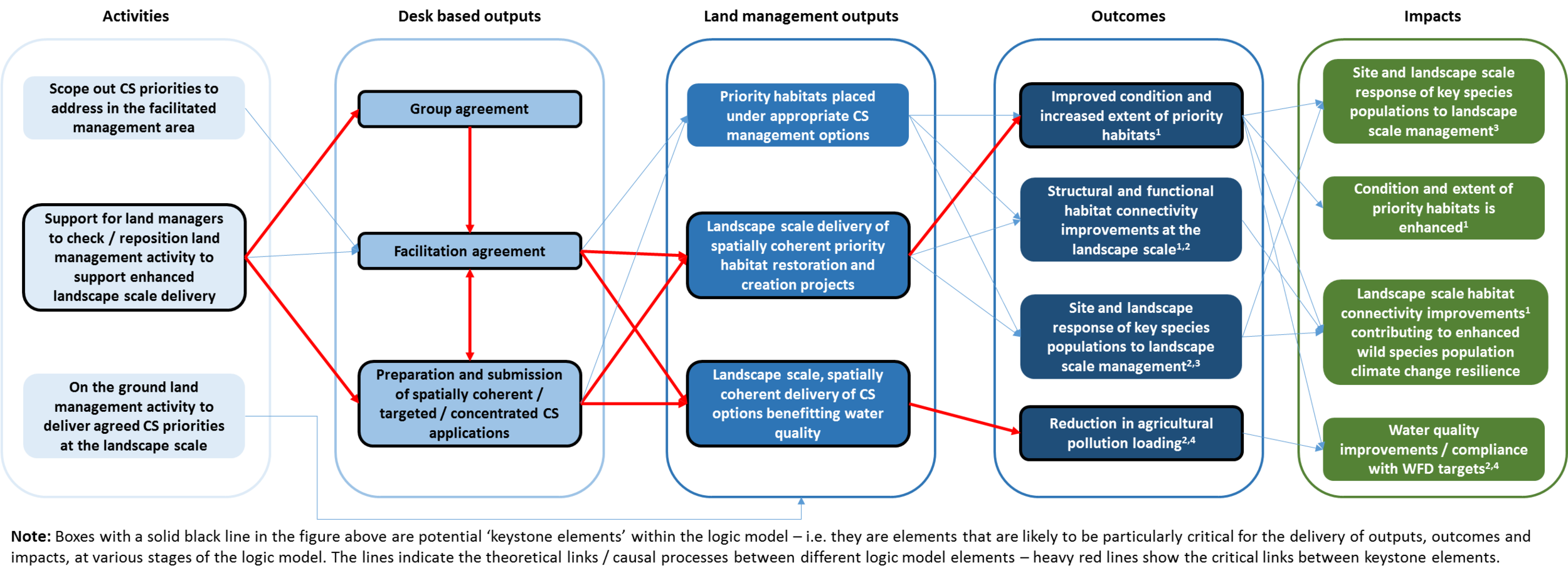CEP-LED CONSORTIUM SUCCESSFULLY DELIVERS SECOND SET OF CONTRACTS UNDER EUROPEAN ENVIRONMENT AGENCY FRAMEWORK CONTRACT
CEP is pleased to announce the successful completion of the second set of five contracts awarded during 2018 under the CEP-led framework service contract for the European Environment Agency (EEA) which provides assistance to the consolidation and update of the knowledge base on global megatrends and resource nexus in support of SOER 2020 (the European Environment State and Outlook Report) [1].
The five most recent projects have again had the overarching objective of supporting the framing and content of SOER 2020 by building on the first set of seven contracts to further consolidate the evidence and knowledge base across a range of topics as well as providing new analysis.
Three projects have directly followed-on from contracts delivered under the first set:
· The first [2], led by CEP on ‘Drivers of Change’, involved the development and implementation of an analytical framework for identifying and analysing the implications of drivers of change on consumption and production systems in Europe. This contract built on our previous work on global megatrends and the resource nexus.
· The second follow-on contract has supported EEA in the development of the knowledge-base and reporting related to sustainability transitions. As part of this contract CEP coordinated research and reporting into the empirical description of food, energy and mobility systems in Europe.
· The third follow-on project, led by CEP, was on urban sustainability and continued our previous work developing a new framework for urban sustainability assessment and supporting the EEA in running related stakeholder events.
In addition, two specific contracts represented new areas of work. One identified and characterised critical interactions between environmental SDGs from a European perspective. CEP provided expert advice on methodology development and developed a report on the implications of the key project findings for EU research, policy and governance. The other, led by CEP, supported the development of an EEA report, planned for publication in 2019, on the linkages between the environment and quality of life in EEA member countries. CEP’s contribution to the report focuses on environmental health across Europe, environmental risks to health and the environmental benefits to health and well-being.
All the projects were completed between May and December 2018 and have helped EEA by providing critical inputs, often to tight timescales, to support the drafting of SOER 2020, as well as developing new knowledge and reporting on environmental challenges for Europe from a systems and transitions perspective.
For more information please contact CEP’s Owen White, the overall Framework Contract Manager, or Dr Bill Sheate, the Framework Contract Director.
[1] Awarded in May 2017, CEP has now overseen the preparation and delivery of a total of twelve projects awarded under the framework contract to date. CEP has led the delivery of seven of the twelve projects delivered so far, including overall project management, technical lead on research tasks, and preparing reporting to summarise findings to provide maximum support to the EEA in relation to SOER 2020. CEP’s work on these projects has involved collaboration with a diverse range of partners including universities and research institutions, consultancies, national environmental agencies and European networks of experts (such as the Eionet network of foresight experts).
[2] Assistance to the development of the report ‘Drivers of change and their implications on the European environment – A systems-based overview’ and to the extension of the analysis of European policies through the resource nexus lens









